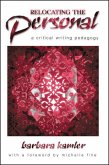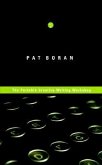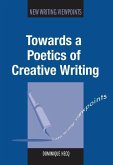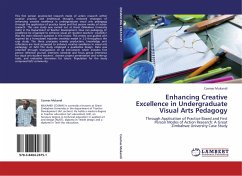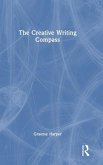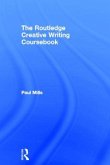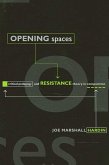In a challenge to monolingual, Anglophone dominated creative writing workshops, this book explores why and how students' multilingual backgrounds and lack of fluency with the English language can emerge as assets rather than impediments to artistry and creativity. Grounded in the Chinese tradition of Daoism as an ongoing discourse, this exploration uses rigorous academic readings of the philosophical text, the Zhuangzi, as an analytical framework and takes a translingual approach to writing where translation and composition intersect, inscribing one language upon another within a single text. With concepts that resist expression such as inspiration, uncertainty, non-knowing, spontaneity, unity, forgetting the self, and the perfection behind the imperfection of language, Jennifer Quist demonstrates how Daoism's theories and metalanguage can re-imagine creative writing education whilst de-naturalizing the authority of English and Euro-American literary traditions. With analytical lenses derived from East Asia given context through translations of Chinese educators' primary accounts of the history and theory of postsecondary creative writing education in 21st-century China, Quist develops a method for examining the practices of exemplary translingual writers from China, Japan, and their diasporas. Featuring translingual writing prompts and practices for individual or classroom use by students at all levels of multilingualism, Translingual Creative Writing Theory, Practice, and Pedagogy opens up the current workshop model and discloses the possibilities of linguistic transcendence for instructors and students. With writing strategies based in cross-cultural collaboration and balanced with de-Anglicization of creative writing pedagogy, this book calls to rework the structures, methods, and metaphors of the workshop and presents ideas for more collaborative, collective, equitable, diverse, and inclusive programs.
Hinweis: Dieser Artikel kann nur an eine deutsche Lieferadresse ausgeliefert werden.
Hinweis: Dieser Artikel kann nur an eine deutsche Lieferadresse ausgeliefert werden.


